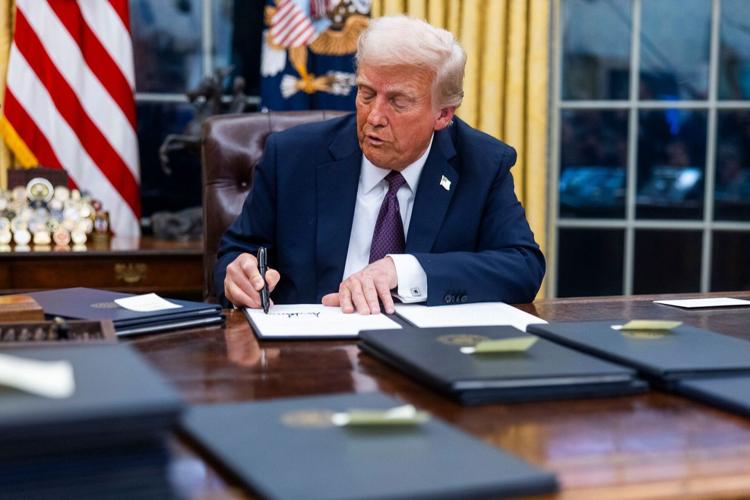
The Trump administration has lifted restrictions on immigration enforcement at schools, churches, and hospitals, ending a decade-long policy that designated these locations as “sensitive areas” off-limits for arrests.
The Department of Homeland Security (DHS), which oversees Immigration and Customs Enforcement (ICE) and Customs and Border Protection (CBP), announced the policy change, emphasizing the need to eliminate spaces where individuals could evade arrest.
“Criminals will no longer be able to hide in America’s schools and churches to avoid arrest. The Trump administration will not tie the hands of our brave law enforcement, and instead trusts them to use common sense,” the DHS said in a statement, as reported by The Guardian on Tuesday.
Under the new directive issued by Acting DHS Secretary Benjamine Huffman, ICE can also implement expedited removal nationwide. This policy allows for the swift deportation of undocumented individuals unable to prove they have continuously lived in the United States for over two years.
These measures are part of a broader immigration crackdown under President Donald Trump. This week, the president signed several executive actions, including suspending the refugee system, blocking access to an app facilitating entry into the US, and strengthening cooperation between ICE and local governments.
Tom Homan, the administration’s border czar, confirmed that ICE agents will begin nationwide operations to arrest and deport undocumented individuals, with enforcement efforts already underway.
Opposition from Advocacy and Religious Groups
The policy shift has drawn sharp criticism from advocacy organizations and religious leaders. The Center for Law and Social Policy expressed concern about the potential impact on immigrant families, particularly those with US-citizen children.
The organization warned that the changes could discourage families from seeking medical care, disaster relief, and education, while increasing the likelihood of children witnessing traumatic encounters with immigration officers.
Religious leaders also condemned the move. Speaking at an inaugural prayer service, the Episcopal bishop of Washington urged the administration to show compassion toward immigrants and vulnerable populations.
Critics fear the new policies will exacerbate fear and instability within immigrant communities while undermining trust in essential institutions like schools and healthcare facilities.


